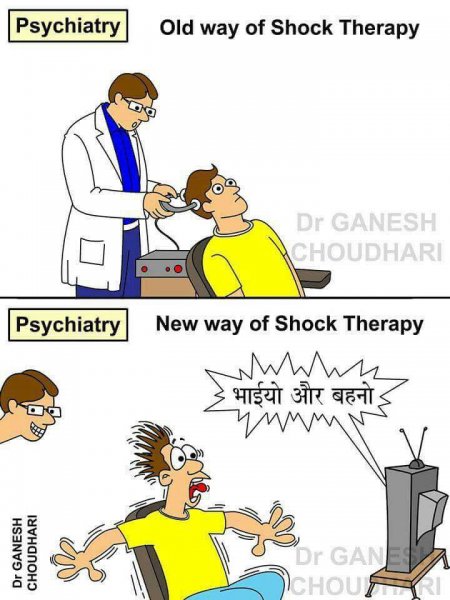This looks horrendous! Subverting the system!
[h=1]Exclusive: How NGOs are helping black money hoarders launder their dirty cash[/h][h=2]An India Today TV investigation has blown the lid off non-governmental charitable organisations that are supposed to focus on public welfare but are helping black money hoarders launder their dirty cash.[/h]New Delhi, November 30, 2016
While a Pune-based NGO says it pitched the demonetisation plan to Prime Minister
Narendra Modi, nefarious activities of other such organisations threatens to bring the benefits of the currency ban drive to a grinding halt.
An India Today TV investigation has blown the lid off non-governmental charitable organisations that are supposed to focus on public welfare but are helping black money hoarders launder their dirty cash. Modi announced this month that all Rs 500 and Rs 1,000 notes in circulation were no longer legal tender and they were being replaced with new banknotes as part of efforts to catch tax evaders holding undeclared cash.
The economic think tank ArthaKranti led by mechanical engineer-turned-financial theorist Anil Bokil says it suggested the move to the PM. The investigation team first visited the office of Yuva Shakti in Ghaziabad's Pacific Mall and met the man who runs the NGO, Amjad Ansari.
WHAT DID THE UNDERCOVER REVEAL
The undercover reporters first asked him if he could help convert black money into white. "It's all black. 90 per cent of transactions in India are black," he said. "Tell me, what do you want me to do?" The reporters told him they needed to clean up about Rs 20-25 crore in dirty cash, starting with Rs 1 crore. Ansari was willing, but the team wanted to know what his plan was.
The NGO chief replied that he would show the black money as donations from members and would return it in white as payment for blankets the organisation was supposed to purchase. "I have told you already that we have 10-11,000 members. We can show donation of five thousand rupees from each member," he said.
"You have to give cheque and we will also buy blankets from you." Ansari explained that the NGO would pay the team in cheque, in the process laundering the money. There was another way, he added- black transaction. "We will take commission on that," he said.
NGOs IN AMBIT
"The money will go into the NGO's account." This money can be spent on welfare programmes, he added, quoting 30-35% as his commission. Yuva Shakti was not the only NGO that was willing to convert black money into white. The India Today TV team next contacted the Akhil Bharatiya Viklang Vidhwa Vridh Seva Samiti, an organisation for the disabled, widowed and elderly. At a restaurant in Delhi we met Pawan, who runs the NGO's operations.
Our undercover reporters wanted to know if Pawan was willing to launder black money, about Rs 1 crore. "Tell me, how much return do you want?" he asked. "If you want your money as white in 2-4 days, then we can't do that…You will have to wait for at least three months." Promising to provide the clean cash by February next year, Pawan started negotiating for his fee. "I want 40% commission, not less than that," he said. The Modi government has already asked for a detailed probe based on India Today TV's previous investigation on the cash mafia.
It's perhaps time that NGOs too are brought within the ambit.
http://indiatoday.intoday.in/story/...-modi-government-demonetisation/1/822948.html

